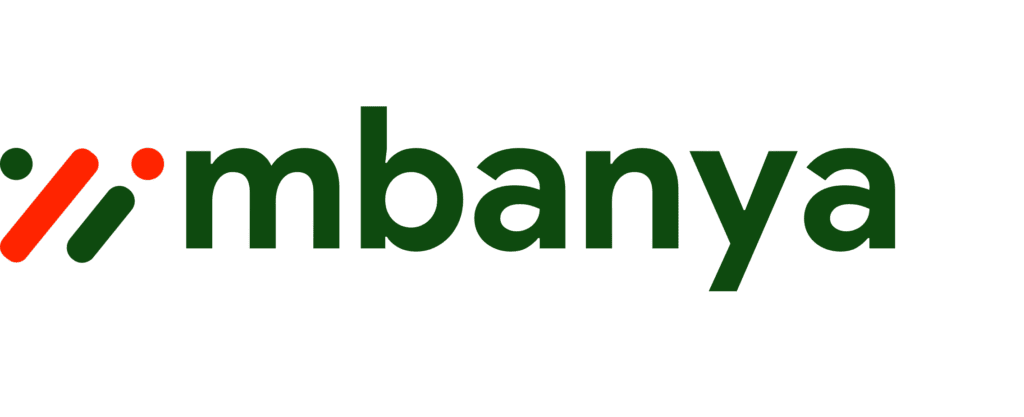The promise of personalized medicine is compelling: treatments tailored specifically to your genetic makeup, lifestyle, and health history. Apps now offer everything from DNA analysis to personalized nutrition plans based on your biomarkers. But as you upload your most intimate health information, a critical question emerges: who controls your data, and how is it being protected? Understanding your rights and the privacy landscape of health apps isn’t just important—it’s essential for making informed decisions about your digital health journey.
The Data Goldmine in Your Pocket
Personalized medicine apps collect an unprecedented variety of sensitive information. Your genetic data reveals not just your health predispositions, but information about your family members. Behavioral data tracks your sleep patterns, exercise habits, and daily routines. Clinical data includes lab results, medication histories, and diagnostic information that could impact everything from insurance coverage to employment opportunities. This treasure trove of information has immense value—not just for improving your health, but for pharmaceutical companies, researchers, and data brokers. Understanding what you’re sharing is the first step in protecting yourself.
Navigating the Regulatory Landscape
In the United States, health app privacy operates in a complex regulatory environment. HIPAA protects health information held by healthcare providers and their business associates, but many consumer health apps fall outside this protection. The FDA regulates medical devices but doesn’t oversee all wellness apps. State privacy laws like the California Consumer Privacy Act provide some protections, but coverage varies significantly. The result is a patchwork of protections that often leaves consumers responsible for their own data security. This makes understanding app-specific privacy policies crucial rather than optional.
Red Flags to Watch For
When evaluating a health app’s privacy practices, certain warning signs should give you pause. Apps that share data with third parties without explicit consent, use vague language about data usage, or lack clear data deletion policies pose significant risks. Be particularly wary of apps that claim broad rights to use your data for research without compensation or that don’t specify how long they retain your information. Free apps deserve extra scrutiny—if you’re not paying for the product, your data might be the actual product being sold.
Taking Control of Your Health Data
Protecting your privacy starts with reading privacy policies thoroughly, despite their length and complexity. Look for apps that offer granular privacy controls, allowing you to choose what data to share and with whom. Enable two-factor authentication when available, and regularly review your privacy settings as app policies can change. Consider using apps from established healthcare organizations or those that have undergone independent security audits. When possible, opt for apps that store data locally on your device rather than in the cloud.
Your Rights as a Data Owner
Many users don’t realize they have significant rights regarding their health data. You can often request to see all data an app has collected about you, ask for corrections to inaccurate information, and request data deletion when you stop using a service. Some apps must also inform you if your data has been breached. Don’t hesitate to contact app developers directly with privacy questions. Their responsiveness and transparency can tell you a lot about their commitment to data protection.
Building a Privacy-First Health Strategy
The goal isn’t to avoid personalized medicine apps entirely—many provide genuine health benefits. Instead, approach them strategically. Use reputable apps for general wellness tracking while reserving more sensitive genetic and clinical data for platforms with stronger privacy protections. Consider which health insights are worth the privacy trade-offs you’re making. Remember that once genetic data is shared, it can potentially be used to infer information about family members who never consented to participate. This makes genetic data decisions particularly weighty.
The Future of Health Privacy
As personalized medicine evolves, so too will privacy protections. New regulations are emerging globally, and consumer awareness is driving companies to implement stronger safeguards. However, technological advances like AI analysis of health data also create new privacy challenges. Staying informed about both opportunities and risks will help you navigate this changing landscape effectively. Your health data is among your most personal information—treating it with appropriate care ensures you can benefit from personalized medicine while maintaining control over your privacy. The power of personalized medicine should enhance your health journey, not compromise your privacy. By understanding your rights and making informed choices, you can harness these tools while keeping your most sensitive information secure.


Leave a Reply
You must be logged in to post a comment.